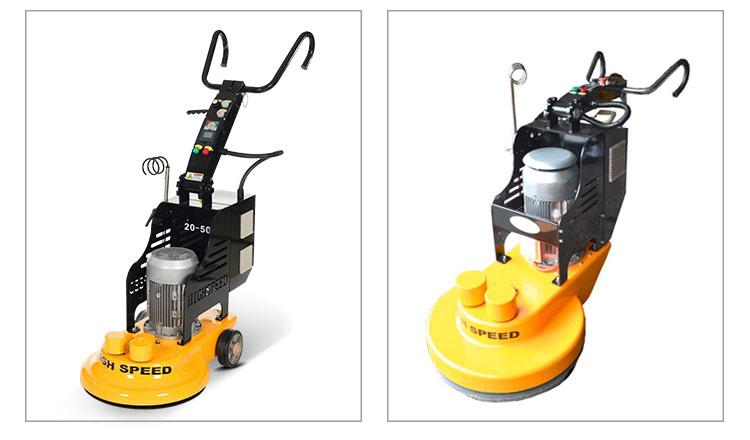Buy a Floor Sander: A Comprehensive Guide
Are you planning to buy a floor sander? If so, you’ve come to the right place. Sanding floors can be a daunting task, but with the right tool, it can be a breeze. In this article, we will delve into the various aspects of floor sanders, helping you make an informed decision. Let’s get started.

Understanding the Types of Floor Sanders
Before diving into the specifics, it’s essential to understand the different types of floor sanders available in the market. Here are the three primary types:
- Belt Sanders: These sanders use a continuous belt to sand the floor. They are suitable for large areas and are known for their efficiency.
- Edge Sanders: As the name suggests, these sanders are designed to sand the edges of the floor. They are perfect for corners and narrow spaces.
- Orbital Sanders: These sanders use a rotating head with sandpaper to sand the floor. They are versatile and can be used for both large and small areas.
Considerations Before Buying a Floor Sander

Now that you know the types of floor sanders, let’s discuss the factors you should consider before making a purchase:
- Power Source: Floor sanders can be powered by electricity or gas. Electric sanders are quieter and more environmentally friendly, while gas sanders offer more mobility.
- Weight: A heavy floor sander can be challenging to maneuver, especially if you have to sand a large area. Look for a sander that strikes a balance between weight and performance.
- Speed and Adjustment: Most floor sanders come with adjustable speeds, allowing you to tailor the sanding process to your specific needs. Ensure the sander you choose offers a wide range of speed settings.
- Portability: If you plan to sand floors in different locations, consider a sander that is easy to transport and store.
Top Floor Sanders in the Market
To help you make an informed decision, here are some of the top floor sanders available in the market:
| Model | Power Source | Weight | Speed Range | Price |
|---|---|---|---|---|
| Porter-Cable PC600PK | Electric | 50 lbs | 1,700-2,200 RPM | $200 |
| Bosch 1700AG | Electric | 45 lbs | 1,100-2,200 RPM | $300 |
| Black & Decker BDFM18 | Electric | 40 lbs | 1,000-2,000 RPM | $150 |
| DeWalt DW735X | Electric | 55 lbs | 1,100-2,200 RPM | $400 |
How to Use a Floor Sander
Using a floor sander can be a bit intimidating, but with the right technique, you can achieve professional results. Here are some tips to help you get started:
- Prepare the Floor: Clean the floor thoroughly and remove any debris or obstacles.
- Start in a Corner: Begin sanding in a corner and work your way across the room.
- Keep the Sander Moving: Avoid pressing down too hard on the sander, as this can cause uneven sanding.
- Change Sandpaper Regularly: Replace the sandpaper when it becomes clogged or worn out.
- Finish with a Buffer: After sanding, use a buffer to smooth out any rough spots and apply











